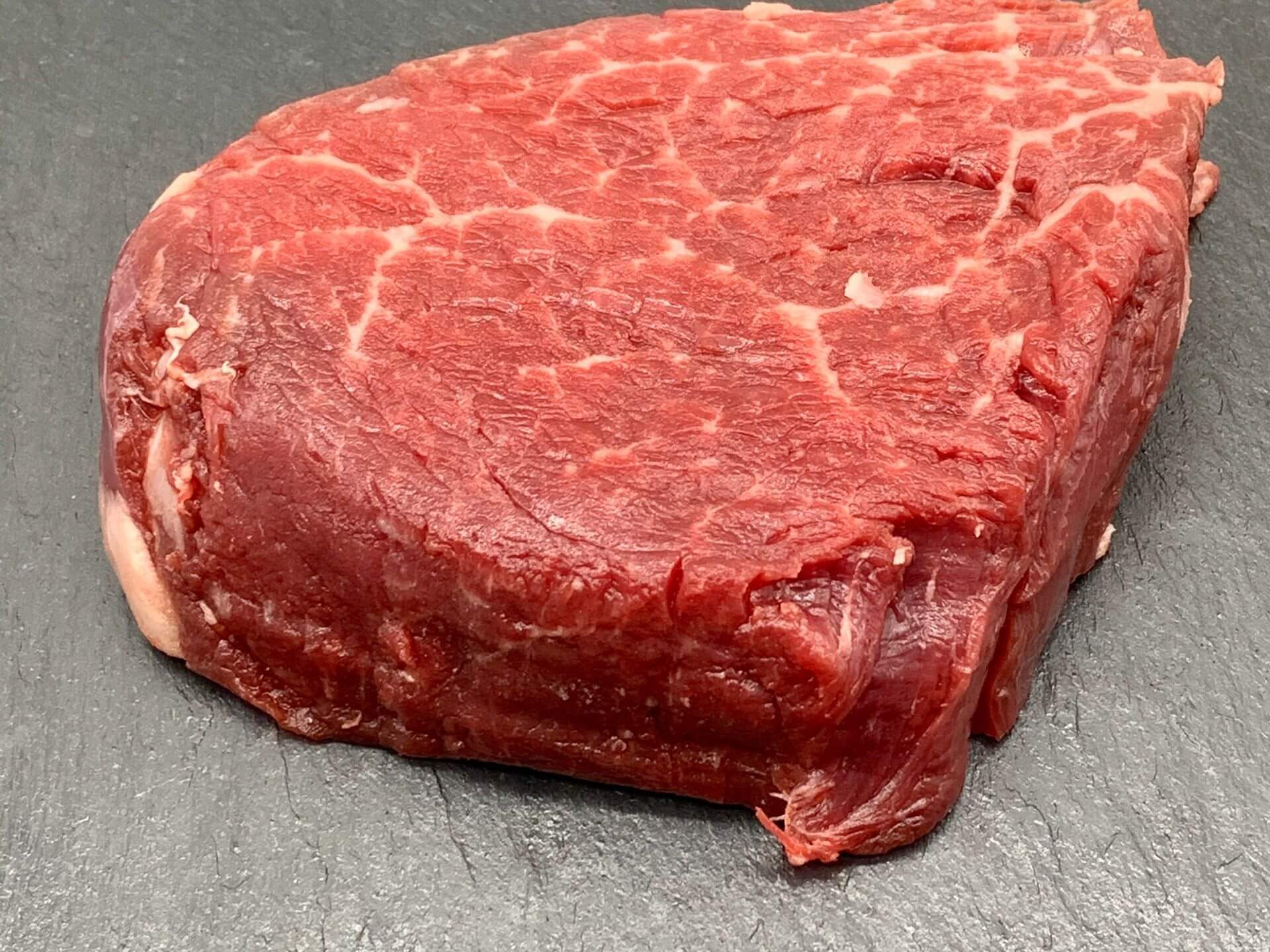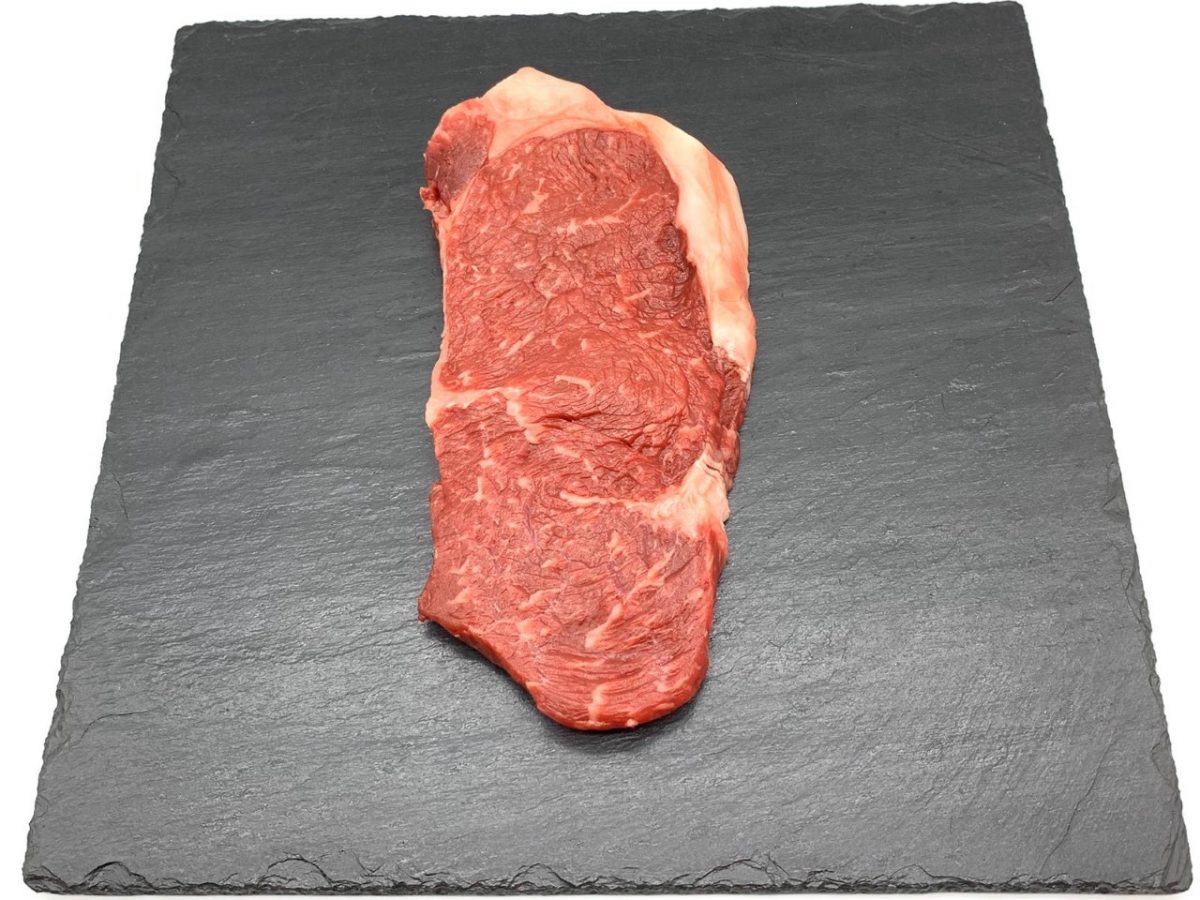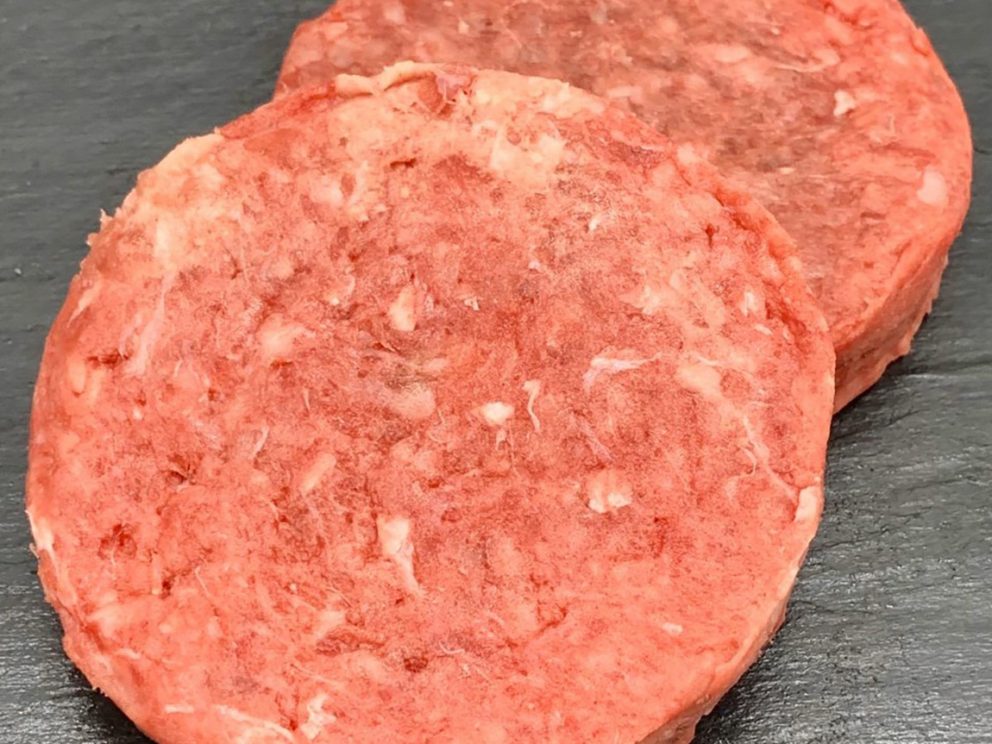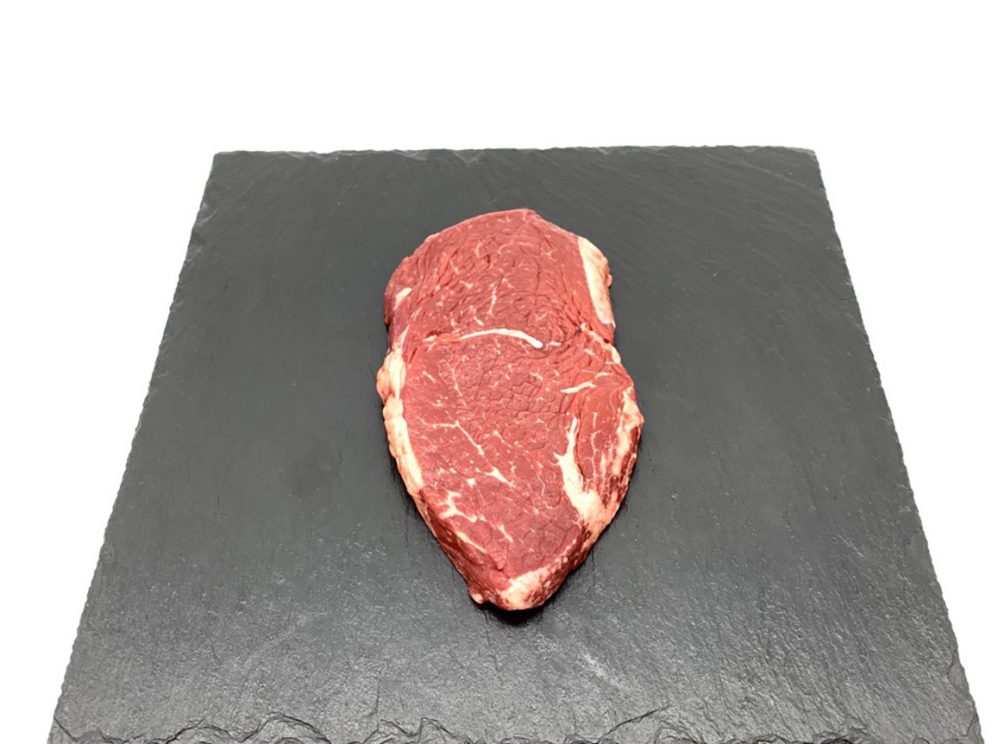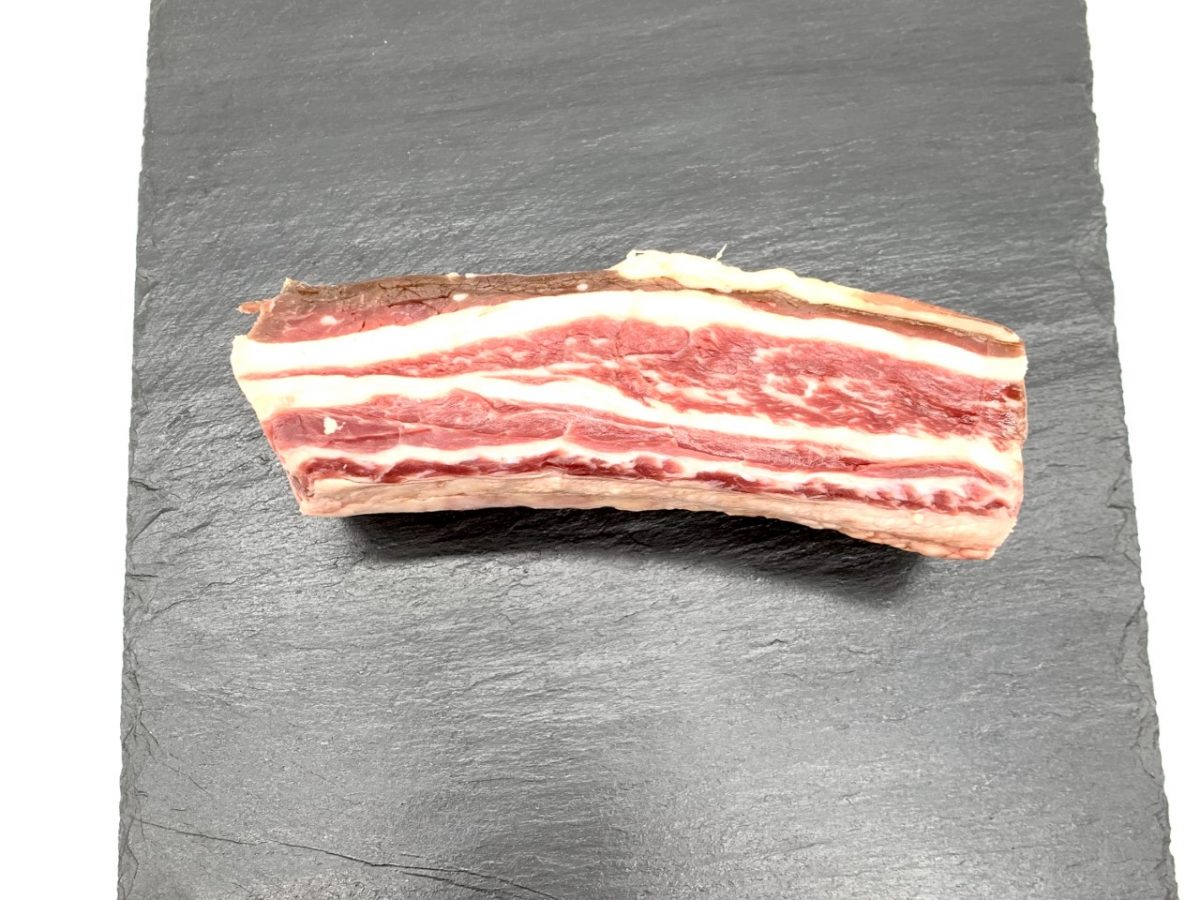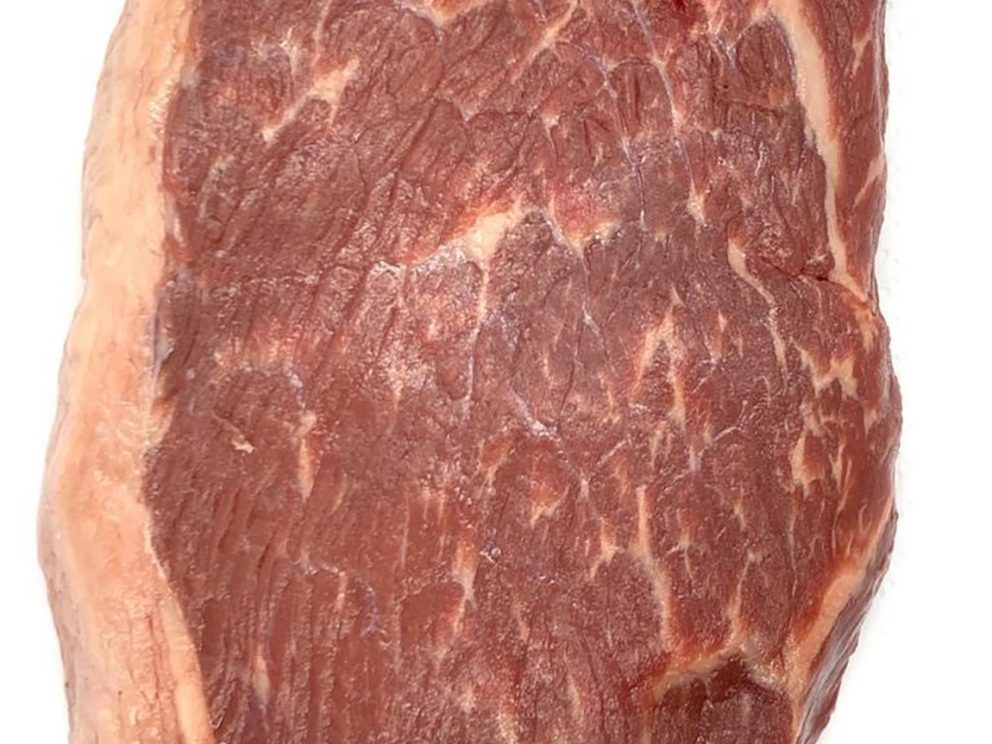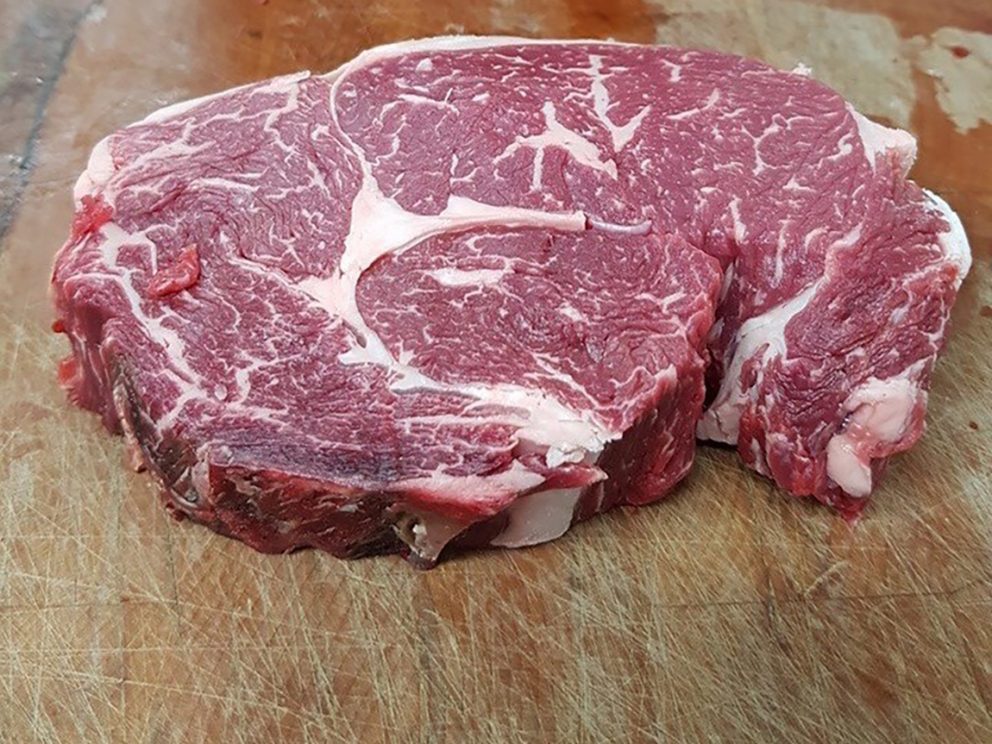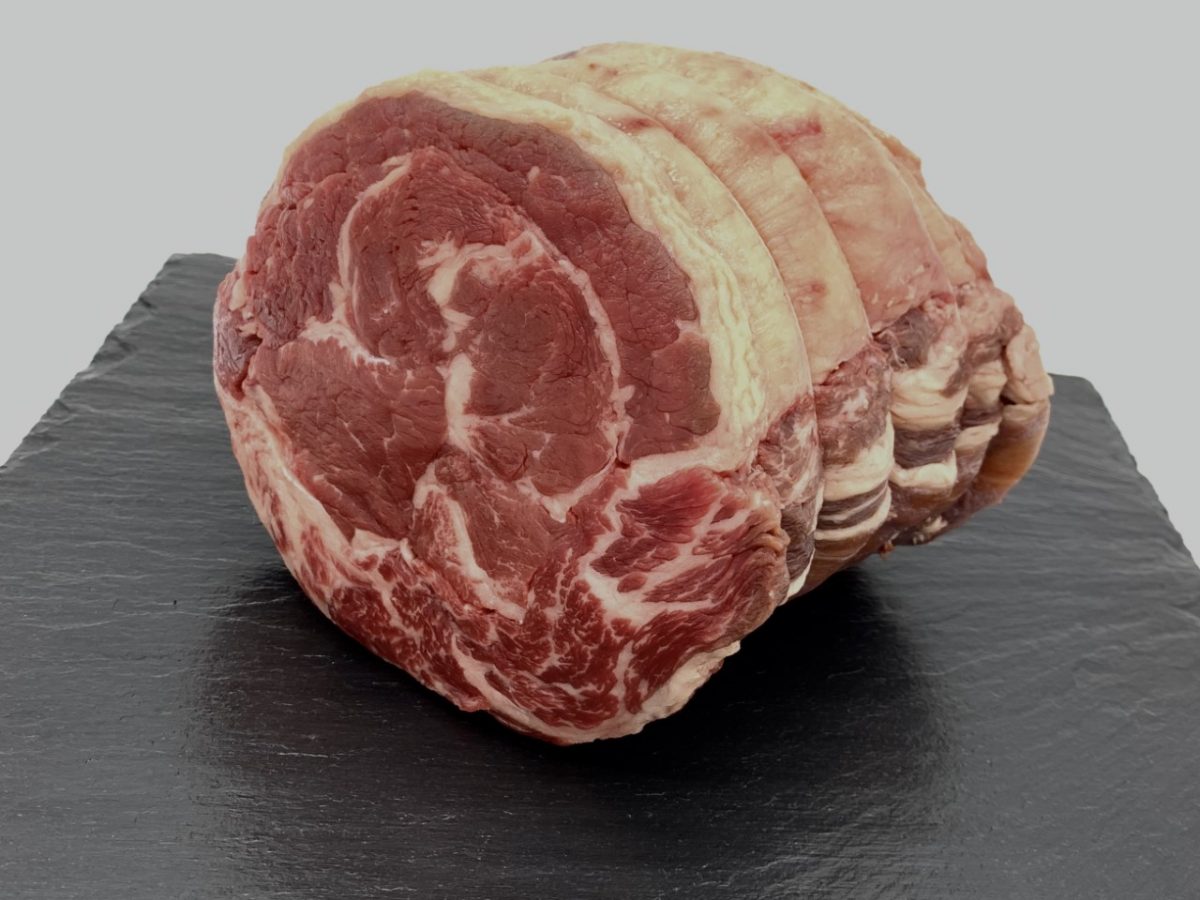Our wagyu cattle & wagyu beef cuts
The ultimate in luxury beef, melt in the mouth and beautifully marbled for outstanding flavour.
Bred in the Scottish Borders, our Wagyu beef is grass fed on our family farm using sustainable grazing systems to help the environment.
The unique depth of flavour makes for an extraordinary culinary experience that you wont forget.
Our cattle are what we call F1 (first cross). The Wagyu bull is bred with a Beef Shorthorn cow. This union gives a very good result with the Wagyu influence elevating the already excellent Beef Shorthorn to another level.
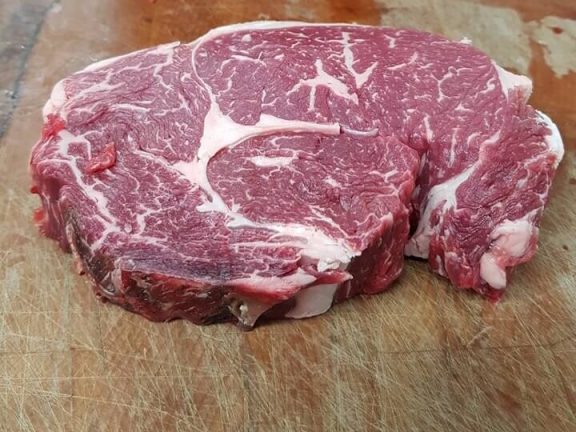
What is wagyu beef?
Wagyu cattle were confined to Japan until 1970, when just four were exported to the USA. Then in the 1990’s a few more were allowed to be exported to Australia and the USA. Now these countries have significant stocks of Wagyu and the breed has been exported successfully to Europe and South America.
Wagyu cattle were traditionally used as draft animals on Japanese farms. The Buddhist religion forbade their slaughter, however soldiers were permitted Wagyu beef before battle to bolster strength and endurance. It is believed that when warriors returned from battle they secretly continued to eat the Wagyu beef. They would slice it very thinly and cook it over a wood fire, using the metal plough that they would also have used to work the land as a griddle.
Wagyu Beef Cuts & Products
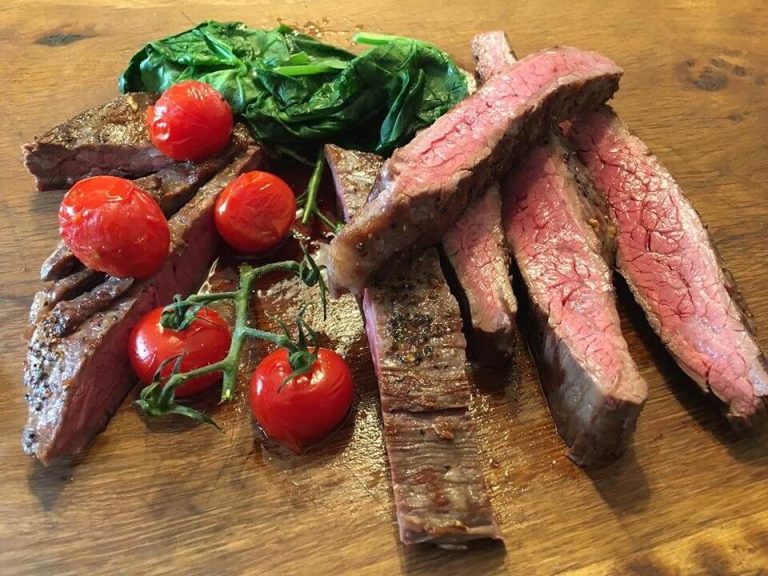
Why is Wagyu Beef so expensive?
Luxury always comes at a premium but Wagyu beef can cost more because the cattle need to be on the farm for a longer period than other breeds; usually until they are at least 30 months old. This time is used to develop and laydown the inter-muscular marbling. This additional time comes at a cost, for example the feed, housing and husbandry are all inputs. That said, we keep our beef price competitive as possible and can do this by selling direct to you, our customer.
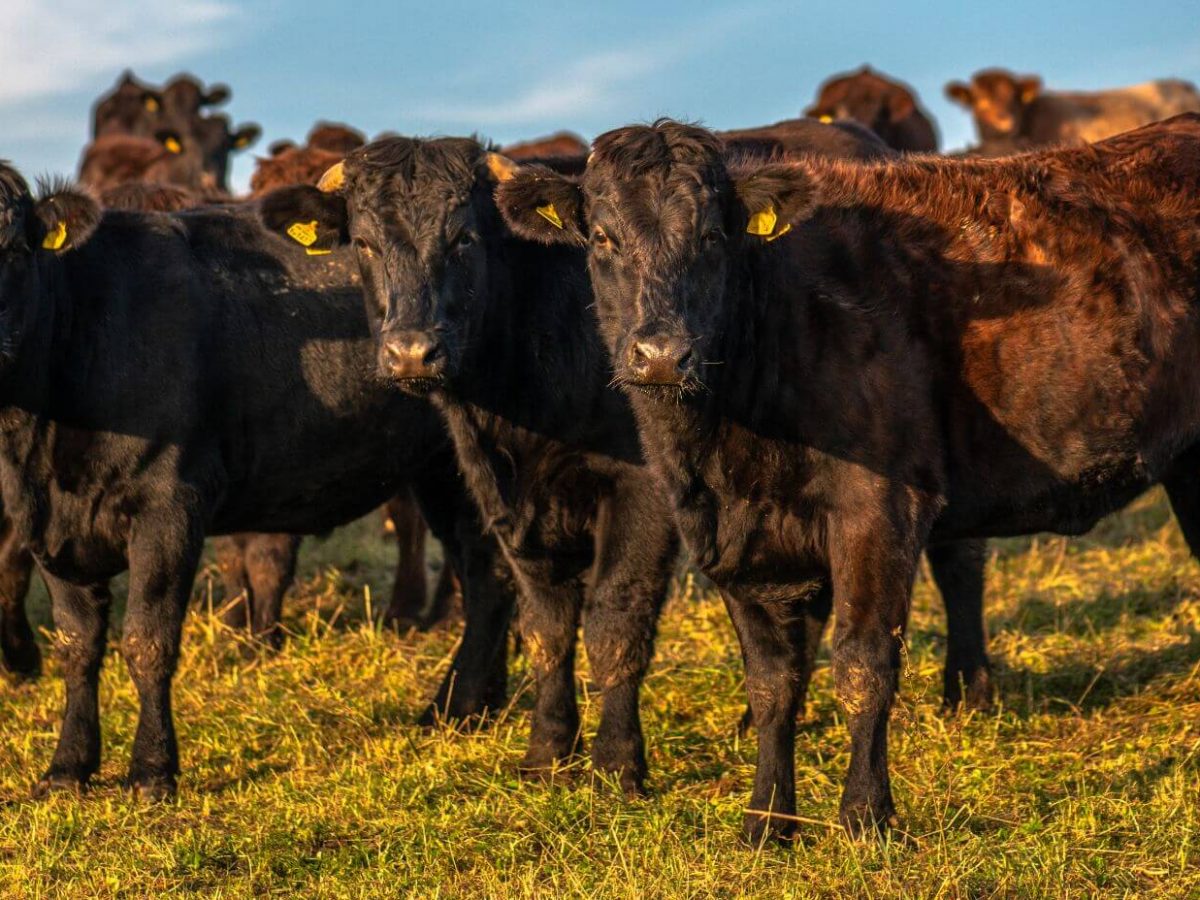
How is Wagyu Beef raised?
Our cows are mob grazed. Which essentially means they are stocked at high intensity for a short duration. We move them from paddock to fresh pasture on a daily basis. This emulates the native grazing habit of wild herbivores on the great plains of Africa and USA. These animals continuously move as they graze. Studies have found this grazing strategy is helpful to the soil and the environment. Building humus levels in the soil and sequestrating carbon.
As the cattle graze, they selectively eat the leafy material of the plants and trample the remaining stalky parts. This gives opportunity for earthworms and other creatures in the soil to feed on the trampled material, enhancing the soil biology and improving overall soil quality.
Our finishing cattle are grazed in the same manner but at around 20-22 months are fed on a special diet to help them grow muscle and lay down the characteristic inter-muscular marbling.
Other frequently asked Wagyu Questions
Wagyu beef needs to be treated differently to other beef. The intermuscular fat melts at 25°C, consequently this is not lost in the cooking process. The steaks should be cooked from room temperature and seared in a very hot pan for a short amount of time and then given time to rest.
Rare to medium is the best way to enjoy the fabulous quality of Wagyu beef.
It has been suggested that Wagyu cattle developed their unique intermuscular marbling when they were used as draft animals on ancient Japanese farms. The fat reserve within the muscle was an energy source for the cattle.
The breed is relatively new to Europe and the UK; initial investment to obtain breeding stock is high and knowledge of the breed, its characteristics and the management of the cattle is not widely known.
Availability and reluctance to change alongside customer demand. Wagyu is still a relatively new product to the UK market. Not all butchers have an awareness of it and not everyone knows about its benefits and eating quality.
We welcome any customers who would like to visit us direct. We do not have a farm shop but can accommodate pre-arranged visits if you have already purchased online and would prefer to pick up yourself rather than use our courier service.
Remember we work full time on the farm which is why we ask that you please call or send an email in advance to arrange any visit – we don’t want to miss you.
